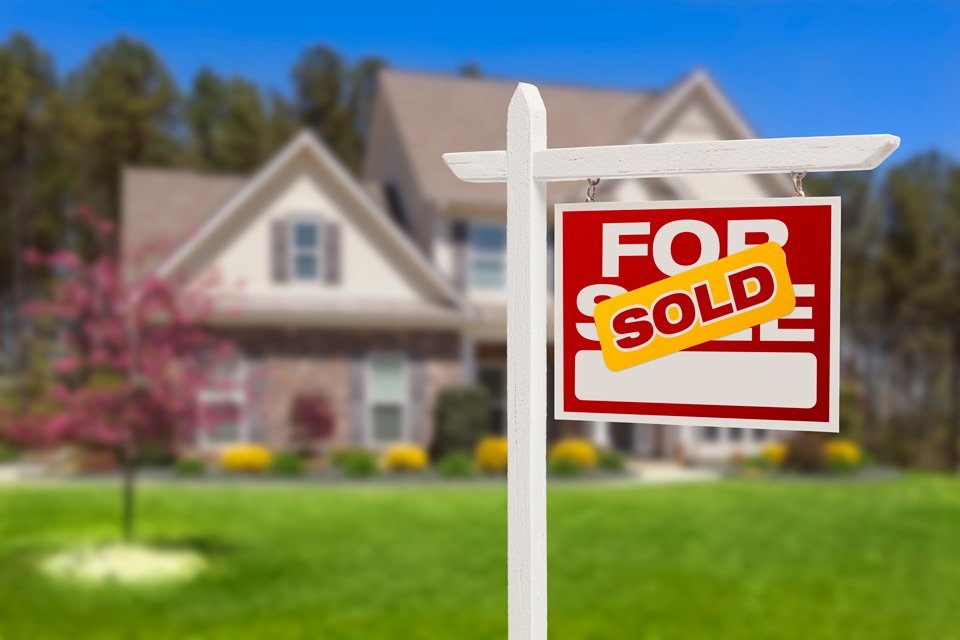
The Federal Housing Finance Agency has announced that it is increasing the maximum conforming loan limits for mortgage loans beginning in 2017. A mortgage loan is considered “conforming” when it is eligible to be acquired by Fannie Mae and/or Freddie Mac. (Mortgages are often sold to Fannie or Freddie so that a lender has the liquidity/money available to issue more mortgage loans for home buyers.)
The New Conforming Loan Limit
The current 2016 loan limit for single-unit properties or single family homes has remained at $417,000 for the last 10 years until recently. The FHFA has announced that the loan limit for single-family homes is increasing approximately 1.7% on January 1, 2017 from $417,000 to $424,100.
The changes were established because of The Housing and Economic Recovery Act of 2008 [pdf], which previously set the baseline loan limit at $417,000. The law also determined that after a period of housing pricing declines, the loan limit may not rise until prices return to pre-decline levels. It follows that since the FHFA is increasing the limit, it stands to reason that home pricing is back to pre-decline levels!
See also: Low Housing Inventory Driving Values Up – Benchmark (why the latest rise in home pricing is not another bubble)
FHA National Loan Limit is Up, Too
The FHA national loan limit “ceiling” will rise to $636,150, formerly set at $625,500. Additionally, the “floor” will increase to $275,665 from $271,050. The actual limit is variable by state and county. The “floor” is the lowest assigned limit, and the “ceiling” is the highest assigned limit for the nation as a whole.
The national loan limit is recalculated annually by the FHA from a percentage calculation of the national conforming loan limit. The calculated increase is positively correlated with rising home prices in high-cost markets.
What Does This Mean?
It means that the Department of Housing and Urban Development has taken notice of the trend of rising home prices. It also means that borrowers will be able to borrow more than they previously could without affecting the ability of lenders to maintain liquidity.
It’s a great time to buy!


